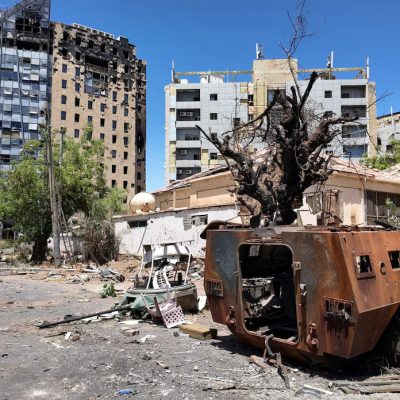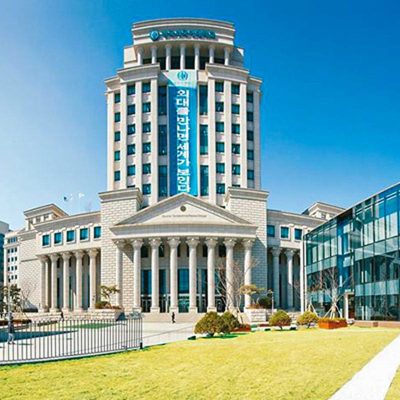Satoshi Ikeuchi, Professor, Religion and Global Security, The University of Tokyo
Lebanon is as if a microcosm of Middle Easten confusions. It’s a mosaic of contradictions where serenity of the life of affluent villas and world’s most-impoverished haunts exist nearby.
Lebanon has many millionaires and billionaires who run global companies and owns expensive estates, but the state’s coffer is empty and depend on the foreign financial aid. Their wealth was accumulated abroad and they come back to their home country only for escaping from the hectic business life or the destitute of life in jail.
Their 15 years of the rampant civil war from 1975-90 was followed by 30 years of large-scale construction boom, which has been punctuated by periodic destructions, most notably by the huge explosion which blown up the motorcade of the former prime minister Rafiq Hariri in February 2005.
Each time, Beirut recovered from destruction. Ironically, when the reconstruction was completed, state debt was also complete and had no way to pay back, unleashing a steep and unstoppable economic downfall which further benefited a few political and economic elites.
Beirut is studded with the most sought-after real estate development projects in the Middle East and it seems sold well, but when completed, they do not seem to produce any profit. There might be those who took a sigh of relief when the properties they sold were obliterated by the blast since the explosion wiped away altogether the evidence of the fatal defect and unprofitability of the properties. They have now the chance to construct again on someone else’s money and sell it again.
On August 10, the government headed by Hassan Diab resigned in the face of the mounting criticism, even though it took office as late as January 21 and cannot be responsible for the fatal neglect done more than 6 years ago. It was called salvation government when it was inaugurated, but actually what it salvaged was the failing and hiding establishment of sectarian elites.
The world wants to know what was behind the explosion, whose neglect or whose action caused this disaster, but truth-seeking is again neglected. Even after this unusual and bizarre case of explosion which obliterated most part of the 3 decades of effort of the post-civil war reconstruction of the city-center, the only thing stood still and kept intact was the unshaken rules of the game of the Middle East politics: The Blame Game.





